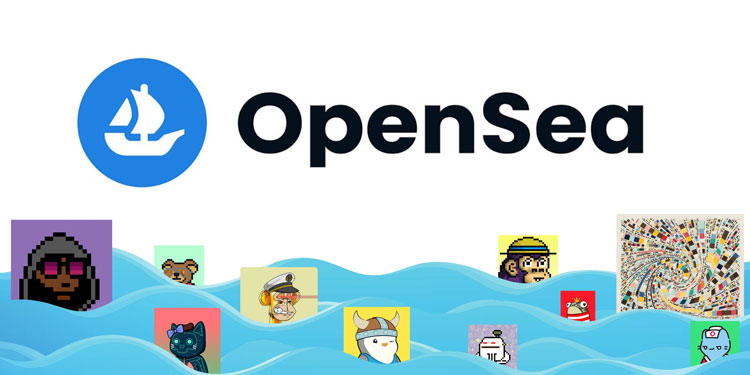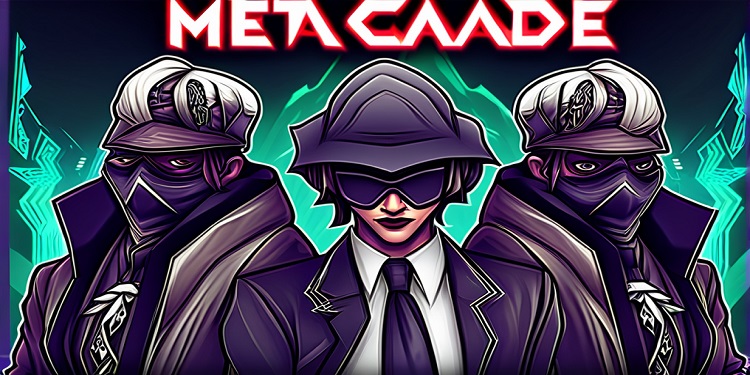 August 20, 2023 – In a surprising move, NFT marketplace OpenSea recently announced the termination of its collaboration with Binance Smart Chain (BSC), a decision that marks the end of their support for NFTs built on the BSC chain. The announcement, made on August 17 via the X platform (formerly Twitter), revealed that users would no longer be able to list or purchase BSC-based NFTs on the marketplace. However, they will still retain the ability to view, search, and transfer BSC NFTs within the platform.
August 20, 2023 – In a surprising move, NFT marketplace OpenSea recently announced the termination of its collaboration with Binance Smart Chain (BSC), a decision that marks the end of their support for NFTs built on the BSC chain. The announcement, made on August 17 via the X platform (formerly Twitter), revealed that users would no longer be able to list or purchase BSC-based NFTs on the marketplace. However, they will still retain the ability to view, search, and transfer BSC NFTs within the platform.
OpenSea attributed this decision to their ongoing efforts to curtail costs. The company acknowledged that the expenses associated with maintaining BSC NFTs were outweighing the profits generated from this initiative. The unexpected nature of this move is likely to raise eyebrows, especially considering Binance Smart Chain’s growing popularity within the NFT community, lauded as an economical option for NFT creation.
Interestingly, the announcement also disclosed OpenSea’s recent inclusion of support for Base, a recently launched layer-2 blockchain network owned by crypto exchange giant Coinbase. In contrast, Binance Smart Chain, for which OpenSea’s support is being phased out, operates as a layer-1 blockchain under the purview of Binance, the world’s largest cryptocurrency exchange.
Once the premier NFT marketplace in terms of trading volume, OpenSea has witnessed a shift in its ranking. According to data provided by DappRadar, the platform’s supremacy has been overtaken by the emerging contender, BLUR. OpenSea’s strategic decisions have faced criticism within the NFT community, often regarded as factors contributing to its waning influence.
A particularly contentious issue revolves around the implementation of royalties for creators. Unlike other marketplaces, such as BLUR, OpenSea has navigated a more cautious approach by evaluating sentiment among creators and users before deciding on the royalties application. This deliberative stance has sparked debate, as OpenSea aims to strike a balance between profitability and user satisfaction.
In a recent development, OpenSea unveiled plans to discontinue its operator filter feature, effective August 31. This feature previously facilitated the application of producer fees. However, OpenSea has opted to transition towards an “optional manufacturer fee on all secondary sales for new collections.” The rationale behind this shift is the perceived lack of acceptance of the operator filter feature within the broader NFT ecosystem.
Despite OpenSea’s strategic endeavors to regain a greater portion of NFT trading volume, its approach has provoked backlash from prominent NFT entities. Yuga Labs, the brains behind the popular Bored Ape Yacht Club (BAYC) and Mutant Ape Yacht Club (MAYC) collections, has announced its intention to phase out support for OpenSea’s SeaPort. This move carries the potential to significantly impact OpenSea’s trading volume.
AgeLabs CEO Daniel Alegre has cited his company’s dedication to safeguarding creators’ royalties and ensuring their equitable compensation as the driving force behind this decision. The response from Yuga Labs underscores a larger debate within the NFT community regarding the platform’s commitment to maintaining a balanced ecosystem.
In this evolving landscape of NFT marketplaces, OpenSea’s maneuver to discontinue support for Binance Smart Chain showcases the complexities of staying competitive and relevant. As the market continues to adapt, the NFT community closely watches the ripple effects of OpenSea’s strategic changes, shedding light on the intersection of profitability, innovation, and creator empowerment.








